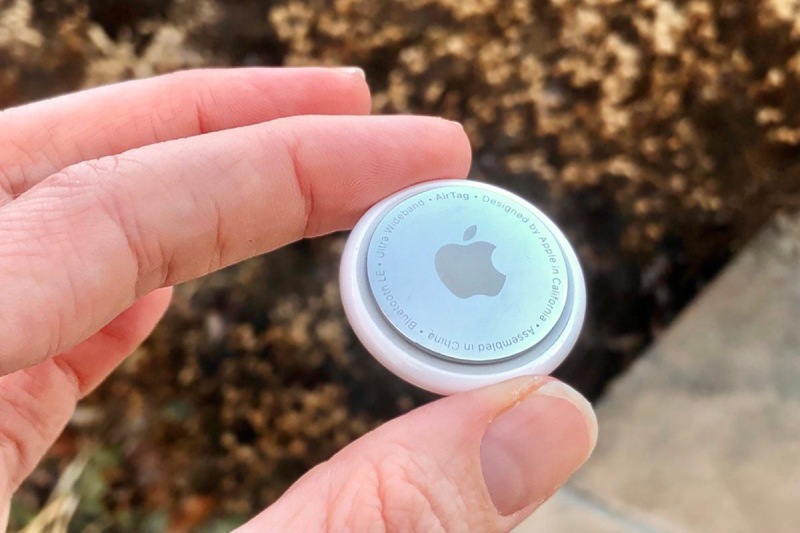These are some of the features Apple could include in AirTag 2 next year

Apple’s much-anticipated second-generation AirTag appears to be on the horizon, with speculation growing about its launch. Mark Gurman of Bloomberg claims that the tech behemoth is getting ready to launch AirTag 2 in 2025, most likely in the middle of the year. This updated smart tracker, codenamed B589, has reportedly advanced to the manufacturing testing phase and is set to feature improvements in both design and functionality.
The first-generation AirTag, launched in April 2021, has not seen any hardware updates since its debut. While it quickly gained popularity for its tracking capabilities, it also faced criticism due to privacy concerns, including instances of misuse for stalking. Apple’s upcoming version is expected to address these issues, incorporating enhanced privacy measures to make the device more secure. Notably, Gurman suggests that Apple may make it harder to remove the tracker’s speaker, a move aimed at discouraging tampering.
Design-wise, AirTag 2 is rumored to maintain the sleek appearance of its predecessor while integrating advancements like improved range and connectivity. The new version is expected to replace the current Ultra-Wideband (U1) chip with the more advanced U2 chip, promising enhanced performance.
Apple’s efforts to address privacy concerns are also noteworthy, as the company faces lawsuits over misuse of the original AirTag. By focusing on tamper-proofing and other privacy-enhancing changes, Apple is aiming to restore confidence in its tracking technology.
Beyond the AirTag, Apple has a busy roadmap for 2025, with updates anticipated across its product lineup. This includes refreshed versions of the iPad Air, entry-level iPad, MacBook Air, Mac Pro, Mac Studio, and iPhone SE. Additionally, a new smart home display and updates to the iPhone, Apple Watch, and MacBook Pro are expected.
The original AirTag, priced at ₹3,190 for a single unit and ₹10,999 for a pack of four, remains a popular choice for tracking items, thanks to its IP67-rated build and integrated speaker. The second-generation model promises to build on this foundation, offering improved functionality and addressing past shortcomings.

